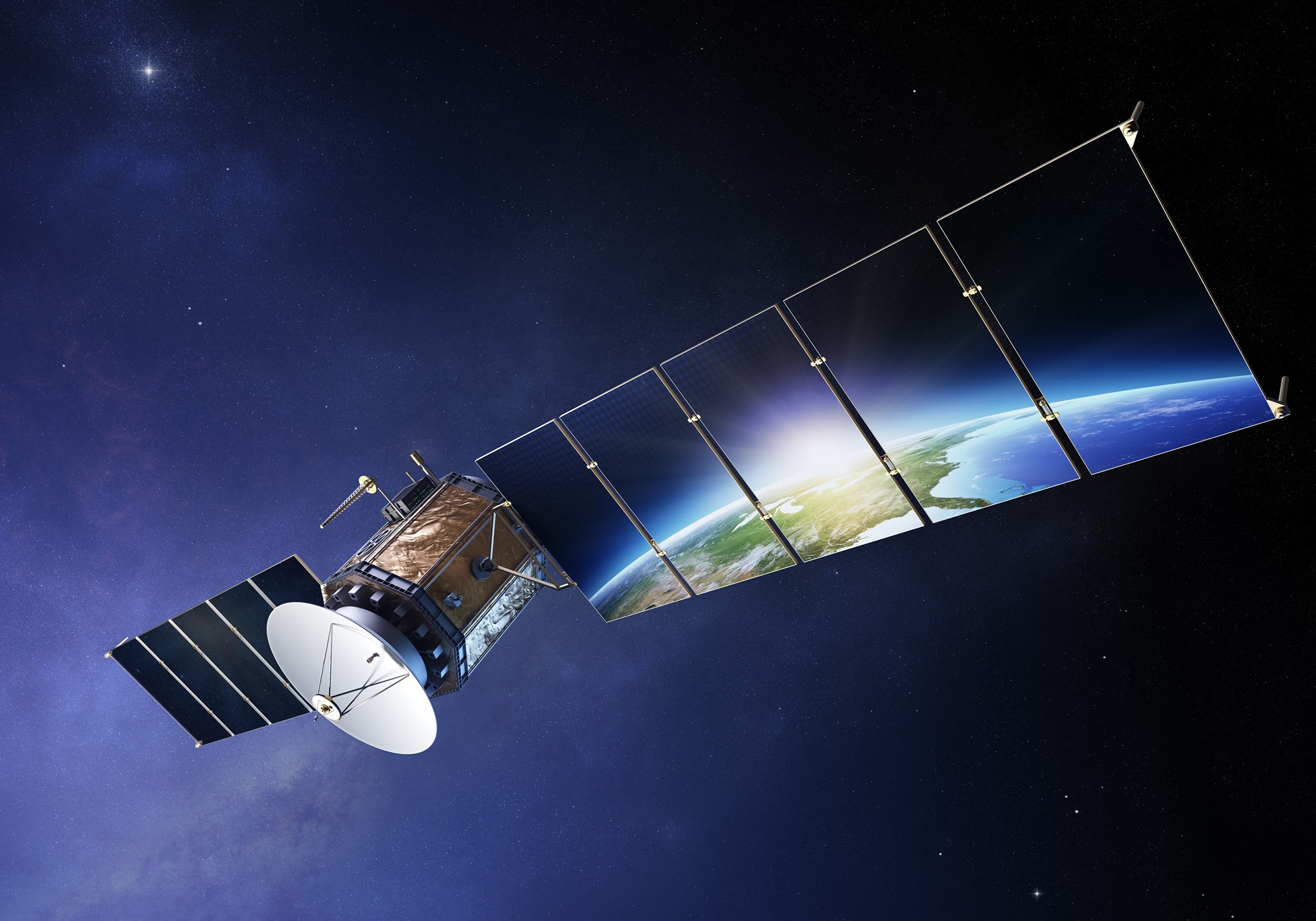The Science and Superiority of GaAs Solar Panels – Mindway Power
Introduction
In the rapidly evolving solar energy industry, Gallium Arsenide (GaAs) solar panels have emerged as the gold standard for high-efficiency photovoltaics. With laboratory efficiencies exceeding 47. 6% (NREL, 2022) and real-world performance far surpassing traditional silicon cells, GaAs technology is revolutionizing power generation in aerospace, defense, and renewable energy sectors.
At Mindway Power, we integrate cutting-edge GaAs solutions to deliver unmatched efficiency, durability, and power density. This article dives deep into the scientific principles, performance benchmarks, and real-world applications of GaAs solar cells.

Scientific Principles of GaAs Solar Cells
1. Bandgap Engineering – The Key to Ultra-High Efficiency
GaAs has a direct bandgap of 1. 42 eV, perfectly aligned with the solar spectrum for optimal photon absorption. Unlike silicon (indirect bandgap of 1. 1 eV) , GaAs converts sunlight into electricity more efficiently due to:
Higher absorption coefficient (10⁵ cm⁻¹ vs. silicon' s 10³ cm⁻¹) – Captures more light with thinner material.
Lower thermal loss – Retains efficiency even at high temperatures (80°C+) .
2. Multi-Junction Technology – Breaking Efficiency Records
The most advanced GaAs solar cells use triple-junction (3J) or quadruple-junction (4J) structures, where each layer captures a different wavelength:
Junction Layer |
Bandgap (eV) |
Sunlight Spectrum Captured |
InGaP (Top) |
1. 8 – 2. 0 |
UV & visible light |
GaAs (Middle) |
1. 4 |
Visible & near-infrared |
InGaAs (Bottom) |
0. 7 – 1. 0 |
Infrared |
This design enables NREL-certified efficiencies of 39. 2% (1-sun) and 47. 6% (under concentrated light) —far beyond silicon' s practical limit of ~29. 4% (PERC cells) .
3. Superior Temperature & Radiation Resistance
Temperature coefficient: -0. 18%/°C (vs. silicon' s -0. 3%/°C) – Loses less power in hot climates.
Radiation-hardened – Critical for satellites, where silicon degrades 3x faster.
Proven Applications of GaAs Solar Panels
1. Space & Satellite Power Systems (Dominates 90% Market Share)
NASA' s Mars rovers (Perseverance, Curiosity) use GaAs multi-junction cells for reliable power in extreme conditions.
SpaceX Starlink satellites deploy GaAs panels for lightweight, high-power density (300W/kg vs. silicon' s 150W/kg) .
2. Military & Defense – Unmatched Field Performance
Portable soldier power systems (e. g. , BAE' s solar blankets) use GaAs for 30%+ efficiency in low-light conditions.
Drones & UAVs (e. g. , Zephyr S HAPS) achieve weeks of flight time with GaAs-powered solar wings.
3. Concentrated Photovoltaics (CPV) – The Future of Utility-Scale Solar
Soitec' s CPV systems achieve 38. 9% module efficiency using GaAs cells under 500x optical concentration.
Ideal for deserts (e. g. , Saudi Arabia' s NEOM project) , where GaAs outperforms silicon by 50%+ in energy yield.
4. Electric Vehicles & Mobile Charging
Lightyear One solar car integrates GaAs for 12 miles/day of free solar charging.
Apple' s secret GaAs R&D (patents filed in 2021) hints at future iPhone solar charging.
Mindway Power' s GaAs Solutions – Why We Lead the Market
At Mindway Power, we engineer next-generation GaAs solar products with:
✔ Record-Breaking Efficiency – Up to 42% commercial-grade cells (AM1. 5G spectrum) .
✔ Space-Grade Reliability – 20+ year lifespan with "5% degradation (vs. silicon' s 20% loss) .
✔ Custom Designs – From flexible solar films for drones to high-voltage CPV arrays.
Case Study: Our GaAs-powered microgrid in Dubai achieved 1. 5x higher daily output vs. PERC silicon, reducing LCOE by 22%.
Contact Mindway Power:
Email📫: market@mindwaytech. cn
WhatsApp📞: +86 18971062394


